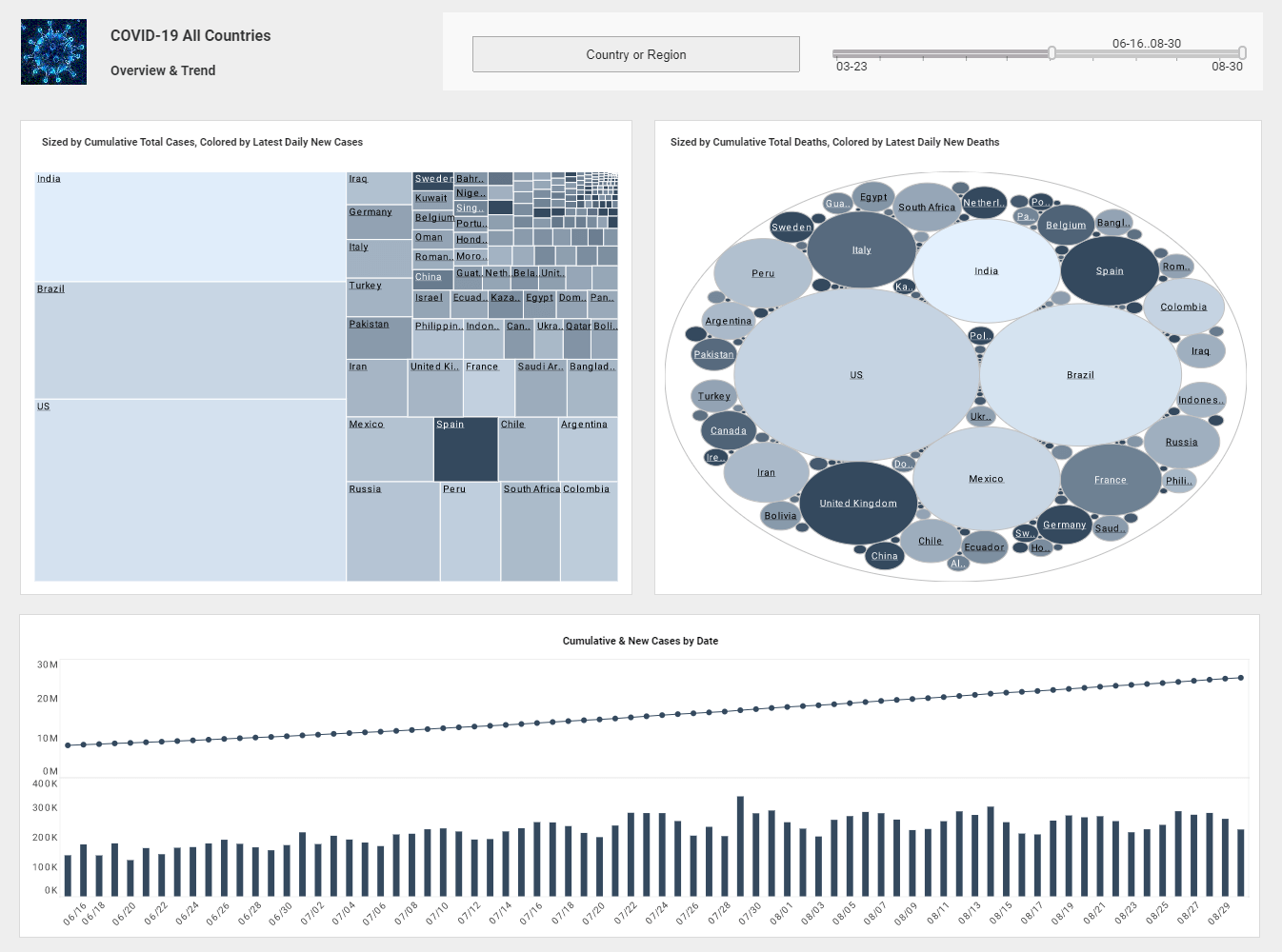InetSoft Webinar: Talking to the Business about Data Management
This is the transcript of a Webinar titled "Why MDM?” hosted by InetSoft. The speaker is Christopher Wren, Principal Consultant at TFI Consulting.
How do you talk to the business about data management? I think we already lose the business when we mention words like reference data entities, CDI, and PIM. We’re going to start to get blank stares from the business folks. You have got to tie it to the business driver. Where’s the pain that the business is feeling?
Is it the fact that they are sending out bills and some of those bills aren't getting sent out because they don't have the right customer address and customer name? They are losing revenue. Or is it that they don't know who the customers are. So MDM really is an enabler of business applications, strategic objectives. Pitch it that way, but if you pitch it in technical terms probably won't get too far.
You want the equity. People get to hear these buzzwords of PIM and CDI, and they don't realize well those are just words for the underlying technology that enabled a business process. It’s critical that people understand it. Do I have a problem surrounding my new product introduction that takes so long to get that to the business? That’s directly is impacting my ability to get that product to market. If that’s caused by having poor master data, poor master data process, that’s the pain point.
| #1 Ranking: Read how InetSoft was rated #1 for user adoption in G2's user survey-based index | Read More |
Another big driver for MDM now is compliance, anything such as Sarbanes-Oxley, et cetera. What is my risk, my exposure within my company if I don't know what customer is tied to what specific sale? Or what is my exposure or my risk on a financial transaction, et cetera? And all that can be tied directly to be having poor master data.
I wanted to talk about the benefits that MDM delivers to an organization and since that’s really highly customized too in an organization. We just had some nice examples here. I was talking about customer data, new product introduction, what are some other examples of a business benefits that MDM can deliver?
MDM by itself doesn’t really benefit the business. It's how you use that master data and that you do that use that master data. If you think about the activity things, like gee, I am a catalog company, and it costs me 3 or $4 a catalog. I want to make sure that I am only sending one to each customer, or in fact them sending them to a customer. They are not just going into some black hole somewhere. So when you think about it in terms of how it's being used by the business that’s where you get your ROI.
It’s how the data is being leveraged. For example, a company has numerous suppliers, and they have separate specific acquisition deals with each one of the suppliers, and they are not able to see that one supplier is used across four or five divisions or seven divisions. They are not able to get that better deal with that specific supplier. For another example, in a financial institution if I have one system that says my bond yield is 5%, and the other one is 5.3%, which one is correct? That can directly impact my bottom line.
 |
Read the top 10 reasons for selecting InetSoft as your BI partner. |
There are so many examples of this. On the BI side there are so many analytics that are dependent on having really good integrated data, things like were their customers profitable or not. When it comes to analytics, it is knowing about relationships. Does this customer roll up to a household? Is this company part of a subsidiary or a larger entity?
If you don’t understand that master data, those relationships within that data, it’s hard to know that, gee, I could be may be offering a better deal to this company and entity by upselling or cross-selling some specific products et cetera. It enables better visibility into your data. You know the last thing you want to do is offer a customer a product they either already have, or they just got rid off because they don’t like it any more.
Good data enables fantastic benefits, but without going too deep into it, how do you get there? What is MDM? What systems and processes actually change? Is it just an IT project? The technology is probably the least of our problems in some respects.
The technology is very good, I think, to do data integration, to store them, and so forth. I think where the wheels come off of the trolley is more on the cultural, political side and the organizational side.
Read what InetSoft customers and partners have said about their selection of Style Scope for their solution for dashboard reporting. |
Getting a company to do something that sounds so simple as to define what is the customer, is an extraordinarily difficult thing to do when its fraught with all kinds of emotion and upheaval throughout the organization because there are so many different ways of looking at a customer and defining a customer. How do you get everyone to agree on that? I guess the main thing for me is that when people think about customer data integration or product information management, whatever it is, they almost get overwhelmed because it's so important.
| Previous: Better Understanding of Master Data Management |



